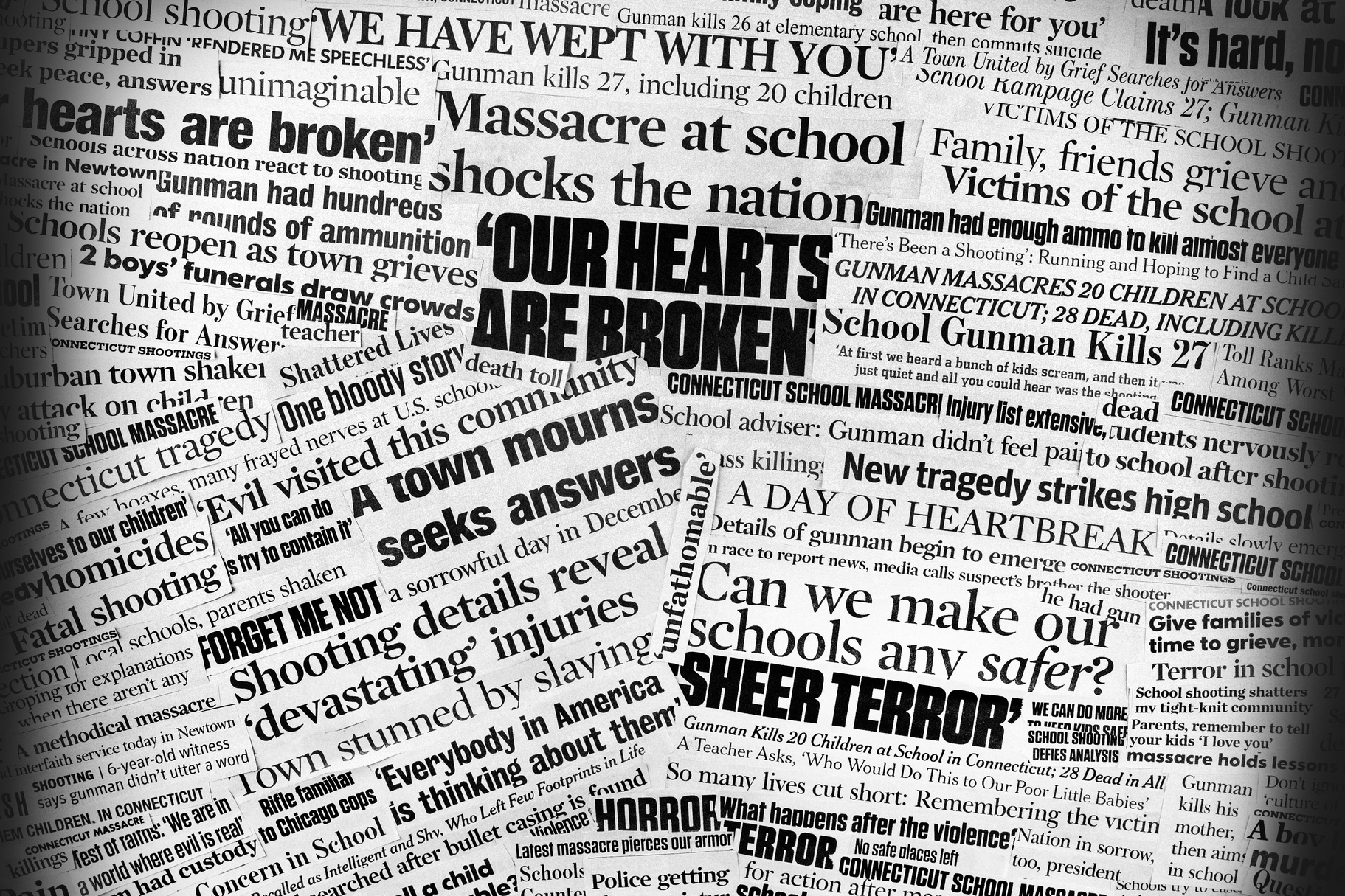The senseless killing of 20 children and six staff members four years ago at Sandy Hook Elementary School caused overwhelming grief, but in some local residents it also instilled the desire to take action.

Thrust into the limelight, Newtown, Conn., resident Elizabeth Charash ’18 (CLAS) began to navigate the tragedy in a variety of ways. First, she channeled her energy into baking. Then, she turned her activism into advocacy.
“You can only make so many sugar cookies,” she says. “That’s when I decided I needed to do something.”
Dec. 14, 2012, had started out as a typical winter day. Then a junior at Newtown High School, Charash was in health class when her school – located five miles from Sandy Hook Elementary – went into lockdown. Her class was ushered into a closet, where they remained for more than an hour, and they knew very little about what was going on just a few miles away.
You can only make so many sugar cookies … That’s when I decided I needed to do something. — Elizabeth Charash '18
Charash, now 20, recalls worrying about her younger sister, then a high school freshman.
She also remembers her health teacher. “My teacher held a can of Raid and was going to hit someone over the head with it if they tried to come in,” she says.
It was only after the lockdown was lifted that Charash learned details about the shooting.
Charash was never fearful, but says she did feel an immense sadness as she realized that such a horrible thing could happen to innocent people. At the time, she didn’t realize how frequently people are killed due to gun violence.
A Centers for Disease Control and Prevention report states that more than 33,000 U.S. residents died from firearm injuries in 2013 – the most recent data available.
In 2013, Charash’s perspective on gun violence began to broaden. She was seated in a legislator’s Washington, D.C., office discussing Newtown and gun control when news of the Washington Navy Ship Yard shooting broke.
“That’s when I realized that it wasn’t just my town,” she says. “It was everywhere.”
The experience in Newtown served as a catalyst for her current work – both academic and extracurricular.
Last fall, Charash, who is studying history, human rights, and public policy, was awarded an IDEA grant from UConn’s Office of Undergraduate Research to fund her to research into both grassroots organizations advocating for gun control, and the culture surrounding guns in America.
Her project led to UConn Against Gun Violence, a student organization she founded this year, which focuses on education. She says it provides a safe space to learn the facts, ask questions, and to discuss the highly politicized issue of gun control.
Since the start of the academic year, UConn Against Gun Violence has already led a discussion about the National Rifle Association’s effect on U.S. culture, and the UConn Police Department provided the group with active threat training.
In addition to her IDEA project, Charash has also pursued internships in politics and activism on the issue. Last summer, she interned with U.S. Sen. Chris Murphy (D-Conn.), an outspoken advocate for stricter gun control laws. Earlier in the year, she worked with Ceasefire Hanover Park in Cape Town, South Africa. There, she learned about other factors related to gun violence, such as the availability of drugs, family dynamics, and access to education.
While Charash did not have a personal connection to anyone killed at Sandy Hook, she has learned to tell her story as a part of her activism: “That’s what people will remember the most.”



